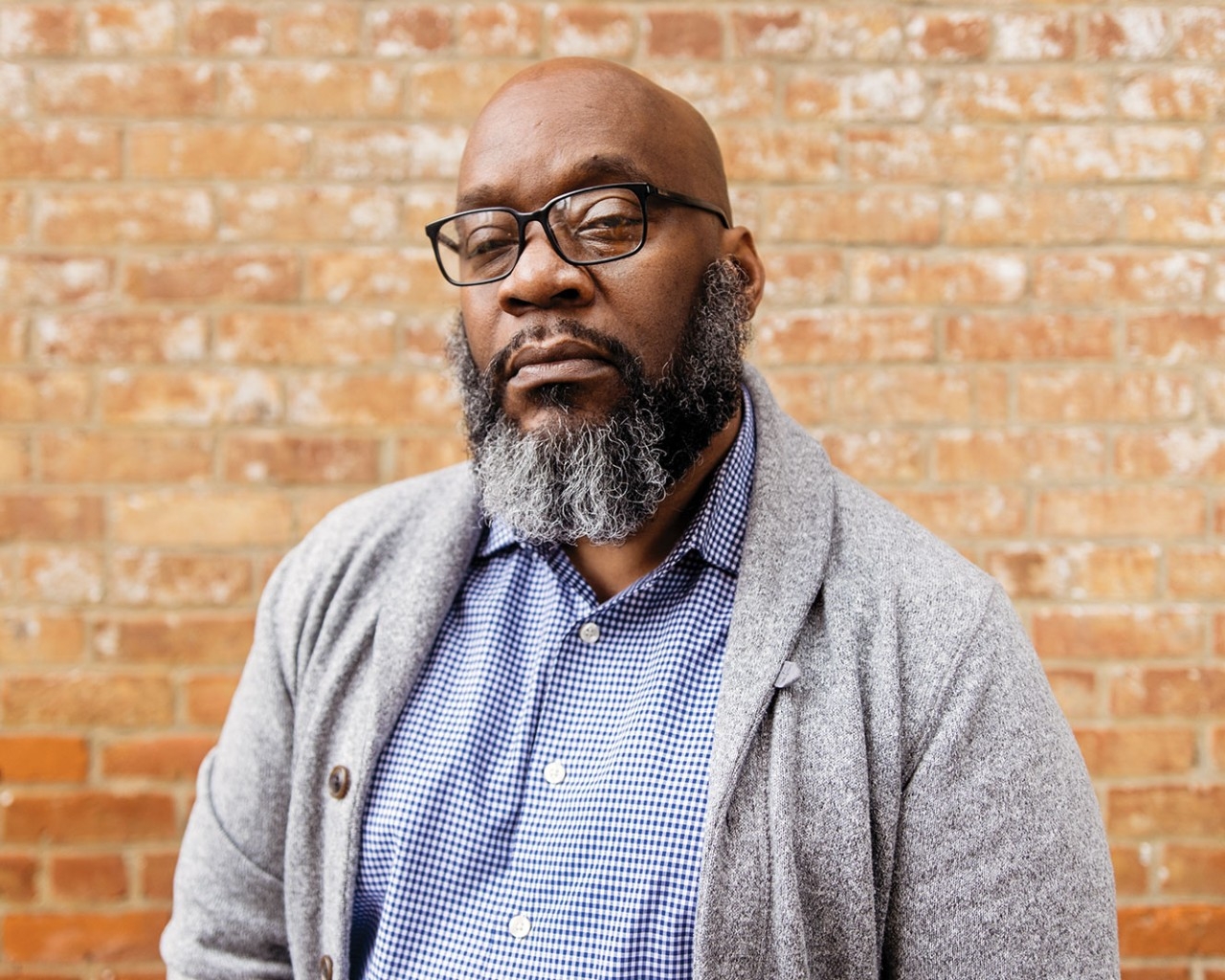This NKU alumnus made a long-term commitment to making a difference.
When Anthony Smith (‘97) first arrived at Northern Kentucky University in 1993, he was 24 years old. He had completed his GED and had some college experience from a short time at Jefferson Community and Technical College. Most importantly, he had an early understanding that he was intended to give back. He was not wrong, as his journey would be filled with instances of service. But first? College. He was hopeful that NKU could help him figure out how to deliver on this internal calling while keeping him close to home.
In his search for what would be his life’s work, Smith selected a major in political science and a minor in legal studies with the intention of going to law school.
By the time Smith recognized his need to be a part of the local public space, he found a community center in Newport, Kentucky, where he could connect with and support local youth.
Smith returned to his hometown of Louisville after graduation and took a position working in a child support services office. There, he realized law was not the best fit for his future.
“I started thinking about how to support community and how I would enjoy doing that work,” he says. “I got to child support, and it clicked in that for me to make the difference I want to make, I needed to involve community work.”
Eventually, he would do just that. In 2015, Smith joined Cities United, which is headquartered in Louisville, as its executive director. In its 11-year existence, Cities United has worked with more than 130 city administrative teams to create strategies that reduce the homicide rate of young Black men and boys.
“The goal is to make Louisville the model for how we serve communities nationwide,” he says.
As is the nature of work involving many stakeholders who have different ideas of change, there are challenges associated with Smith’s work.
“The big one, for us, is the public’s definition of ‘public safety.’ How we define public safety can sometimes hinder us and hold us back from better solutions to what’s happening,” he says. “Right now, when we talk about public safety, we’re talking about law enforcement, jails, detention centers and all of the ways we hold people accountable for their actions. While this is important, we fall short of talking about those things that really create safe communities: housing, public education, access to healthcare and food deserts, to name a few. These are the things that make communities safe and whole, and spaces where folks can have hope.”
These are the conversations that Smith now focuses on in his work with Cities United. The teams he leads will spend several years in conversations with local administrators, politicians and community youth, working through specialized plans to support each location’s needs. It’s a long-term commitment to what are often evolving goals, but Smith and his teams are up for the challenge.
In October 2022, Smith received the Spirit of Louisville Award from then-mayor Greg Fischer. This award, created in 2008 as an extension of the Bell Awards, is presented each year to an individual or organization who leads and inspires citizens to improve the community.
“Mayor Fischer [had] a national platform, where he had the attention of leaders in other cities,” he says. “By presenting me with this award, he was saying, ‘Anthony’s the real deal,’ and validating the work we do, and will do, in other cities nationwide.”
Even more than the award though, Smith sees his biggest accomplishment as being able to create pathways for other young, Black leaders.
“Creating a space for these individuals to do the work and assist in improving their communities is so important. I had mentors who helped me create pathways that I can now lead others in following,” he says. “Without the degree and environment Northern provided, I probably still would have made it, but who knows what the journey would have looked like. It’s always a different journey as based on where you show up.”
